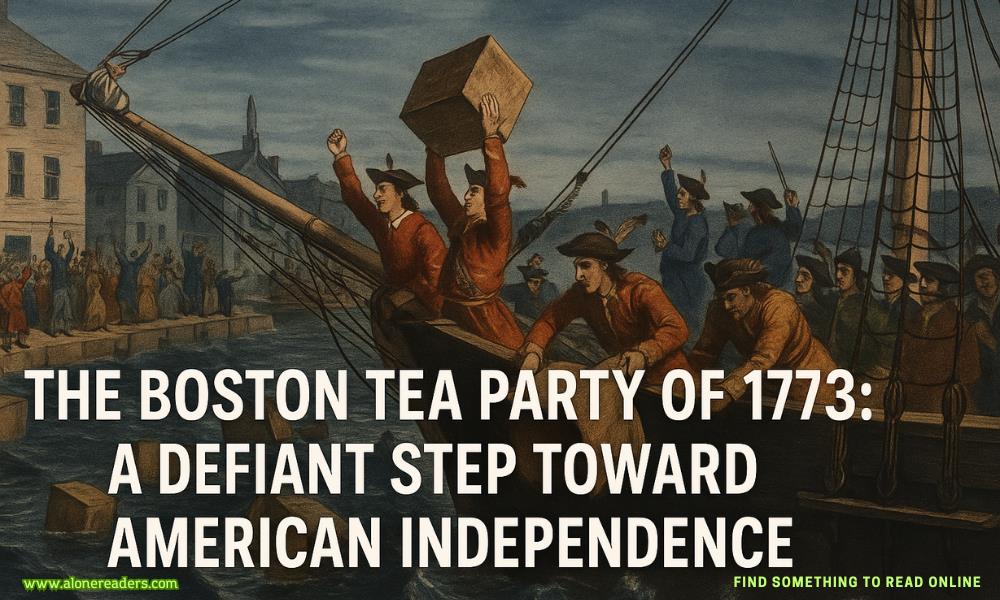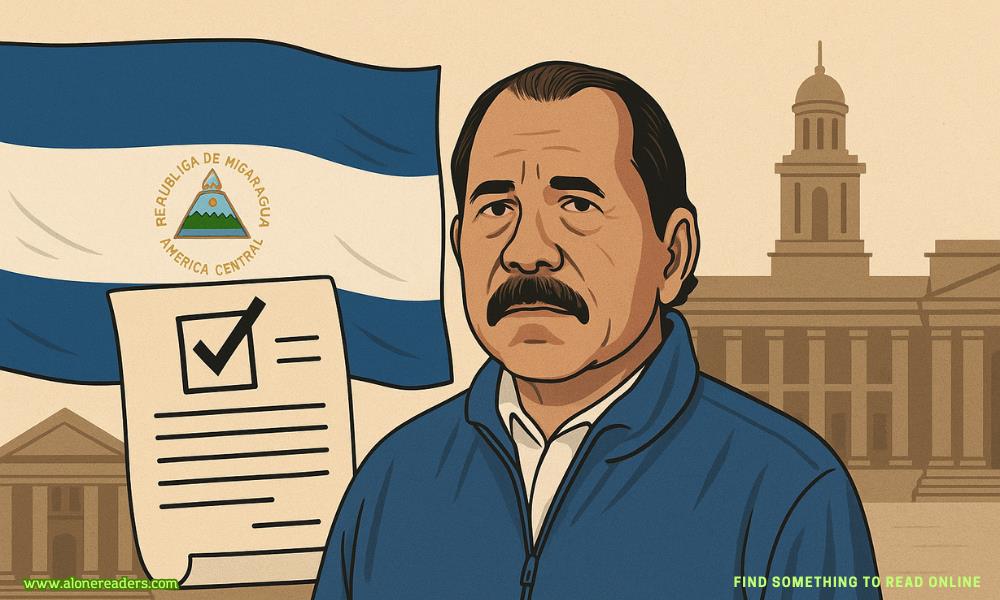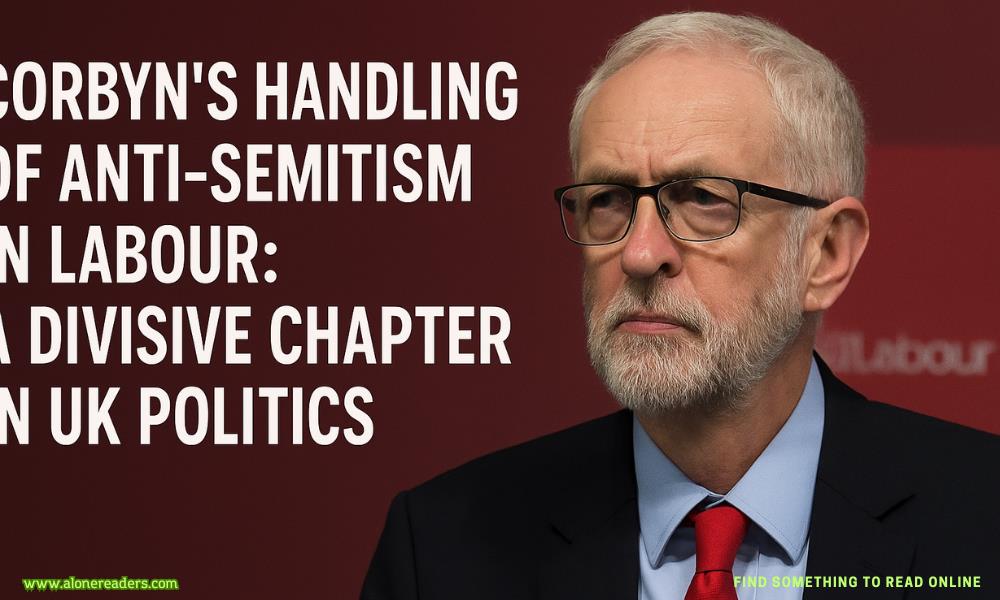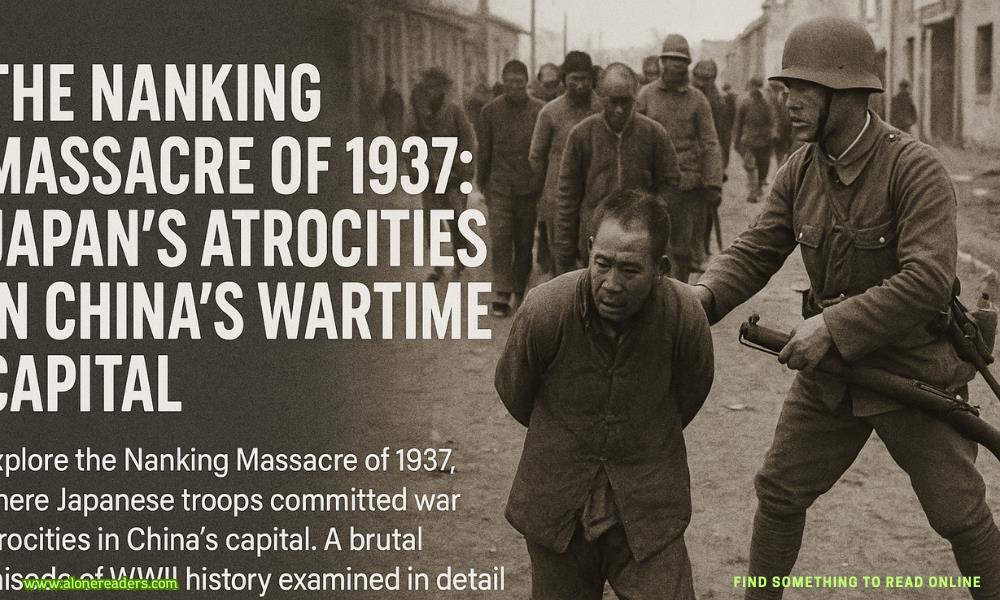Page 92 of Whistle
“Possibly.”
Annie went back out into the hall, making a brief comment as she passed the bathroom—“I suppose he could have come up here”—and then entered the studio. The room was filled with light. Standish looked impressed.
“What a great place to work,” she said. She pointed to the drafting table. “That’s yours, of course.”
“Yes.”
“And that’s quite something,” Standish said.
Annie saw that she was looking at the train layout on the floor. “That’s Charlie’s setup.”
“He’s made a little town and everything.”
They both stood there, neither speaking, until Standish finally asked, “So, you see anything different in here? Something Mr. Sproule might have left for you? Something that’s not like it was before?”
“Nothing.”
Although that wasn’t entirely true. She did see one thing, but it hardly seemed worth mentioning to the officer.
There was a break in the loop of track. Two sections had comeapart from each other. If the train were to be engaged, it would derail. And the wheels of the red boxcar, the one from which Annie had imagined seeing all those spiders emerge, were off the track.
Outside, Charlie pedaled his bicycle.
He went around and around and around the backyard. Pumping his legs as hard as they would go. Lap after lap after lap. Sweat running down his forehead and stinging his eyes. But neither that, nor the pain he felt in his calves and thighs, would slow him down.
His mother’s friend’s accident was a terrible, terrible thing. But it was also a sign. Things were coming to a head. Charlie had to be ready. He knew he would have to go soon.
I’m coming, Dad.
Thirty
Annie had made up her mind for real, this time. She and Charlie were going home.
For all she knew, given what had happened today, he’d be ready to pack up and get the hell out of here, too. But she wasn’t going to spring her decision on him until the following day, not until she was ready to put all their stuff into the car and hit the road.
Annie had spent the rest of the day, after Finnegan’s body had been removed and the police had departed, dealing with the fallout. She first made calls to people Finnegan worked with in the publishing office, but it was getting late in the day and many had left. But she had several email addresses, and sent out a joint communiqué, explaining that Finnegan had come up to see her and that there had been a terrible accident.
She was, in effect, putting the ball in their court. They would know whom to reach out to about making the necessary arrangements. Someone else could take the lead here. Annie felt guilty, not volunteering to be that person. Finnegan was a good friend. He’d discovered her, launched her, and she owed so much of her success to him. But he had always been a very private person, telling her very little about himself, and, while Annie felt that was probably not a sufficient excuse not to get involved, she simply was not up to it.
It didn’t take long before she received responses to her group email. Texts, emails, and a call from the publisher herself, Finnegan’s superior. “We’ve got this,” she said. “You do what you have to do. We’ll handle it.”
Finnegan had a brother outside of Boston, she told Annie, and she had already been in touch with him. If he had any further questions, he was to get in touch with the local authorities, not Annie. The keys to his Boxster could be left with them; the brother would figure out what to do with it, how to get it back to the city or Boston or wherever.
“Thank you,” Annie said.
And, while Annie was glad to be relieved of those responsibilities, she was still feeling traumatized, and worried Charlie was as well. After all, he’d found Finnegan. Later that evening, she sat down with him in the living room, the TV on in the background but the sound off.
“How you doing?” she asked, sidling up next to him on the couch and slipping her arm around him.
“I’m okay,” he said.
“I’m really sorry about what you went through.”
“I’ve never seen a dead person before,” he said. “Except on TV. I’ve seen lots of dead people on TV.”
“But it’s not the same.”
“One’s pretend,” Charlie said. “And one’s real.”















